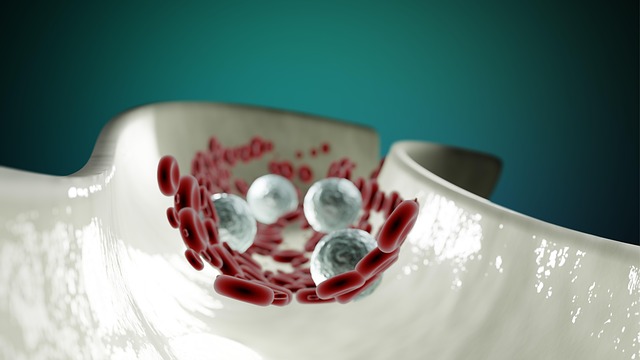Glioblastoma starts as a cancerous growth of cells in the spinal cord or brain and can happen at any age. It tends to occur more often in older adults, though, and the symptoms include headaches, nausea, seizures, blurred vision, and trouble speaking. It is the most common and aggressive type of malignant brain tumor among adults. Up to now, treating solid tumors has proven challenging, and glioblastoma treatments have managed to slow cancer growth. While these treatments may help reduce symptoms, a cure has proven elusive. However, a new immunotherapy treatment called CAR-T therapy may soon change all of that.
What Is CAR-T Therapy?
In March 2024, a new breakthrough treatment was tested, subsequently showing a “dramatic response within days” for the trial’s participants. The experiment involved a type of CAR-T therapy, a personalized immunotherapy treatment that triggers your immune system, causing it to attack the cancer cells. CAR-T therapy is typically used to treat leukaemia by utilizing the patient’s own immune system. The patient’s blood is usually extracted and trained to combat cells in a laboratory before being inserted back into their bloodstream.
For this particular experiment, an existing CAR-t therapy was used in conjunction with antibodies to treat three participants diagnosed with recurrent glioblastoma. The results were remarkable, with one patient’s tumor decreasing by 18.5% in just two days. By the 69th day, the tumor had shrunk by an incredible 60.7%. Furthermore, another patient’s tumor was also reported to have rapidly regressed. Amazingly, after an MRI was performed on a third patient five days after receiving their therapy exhibited “near-complete tumor regression”.
According to the associate director of the Center for Brain Tumor Immunology and Immunotherapy, Bryan Choi, “The CAR-T platform has revolutionized how we think about treating patients with cancer, but solid tumors like glioblastoma have remained challenging to treat because not all cancer cells are exactly alike, and cells within the tumor vary. Our approach combines two forms of therapy, allowing us to treat glioblastoma in a broader, potentially more effective way.”
Encouraging Results

These types of studies show how cell therapy offers great promise when it comes to treating incurable diseases. While CAR-T therapy is usually used to treat blood cancers, this study has shown how it could also be used for treating solid tumors. Although the results have been very encouraging so far, this particular trial only involved three individuals, and more trials would need to be carried out before the treatment can be made more widely available.
According to Elizabeth Gerstner, MD, the co-author of the study, “We report a dramatic and rapid response in these three patients. Our work to date shows signs that we are making progress, but there is more to do.” While still requiring further testing, so far the results prove that they are on the right track. While they haven’t been able to cure any patients yet, they have stated that it is their ultimate goal to do so.
The Bottom Line

The rapid response in these glioblastoma patients represents a significant advance in cancer treatment. CAR-T therapy, especially when combined with specific antibodies, offers considerable potential in treating aggressive brain cancers. It represents a new direction in immunotherapy and has the potential to help treat solid tumors, which historically have been challenging to manage. Although the study only included three participants, the initial results are extremely encouraging. So far, the researchers believe they’re on the right path. With further trials, this could soon become a widely available option that can potentially help millions of people around the world.
Read More: Johns Hopkins Blood Test Detects Tumor DNA Up to Three Years Early
